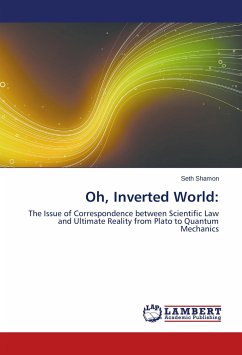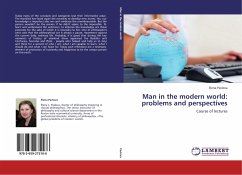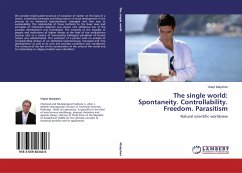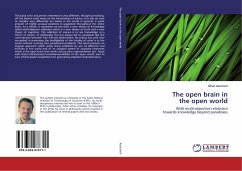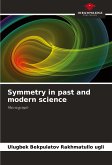This book digs into what Seth Shamon calls the correspondence issue. To what extent does the world created by scientific law correspond to 'ultimate reality' (reality as it really is)? The answer to this question depends on the degree of scientific realism that we take. Framed by the epistemological systems of Plato, Kant and Hegel, Shamon traces the issue of correspondence through the development of modern physics, comparing classical mechanics' and quantum mechanics' respective epistemological claims, and the ontological status of objects of scientific law. Shamon attempts to alleviate the tension between scientific law and ultimate reality in part using alternative conceptions of quantum mechanical principles offered by Bohm and Vermaas, combined with an understanding of Nietzsche's conception of chaos in The Gay Science. Shamon posits his own epistemology for the future of quantum mechanics, which emphasizes the relationship between self and nature and incorporates the complex nature of nature itself.
Bitte wählen Sie Ihr Anliegen aus.
Rechnungen
Retourenschein anfordern
Bestellstatus
Storno

